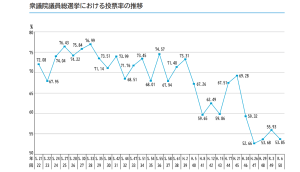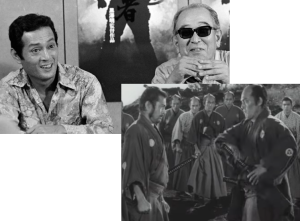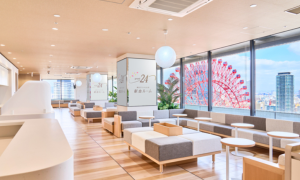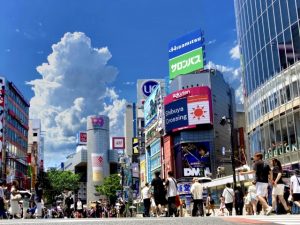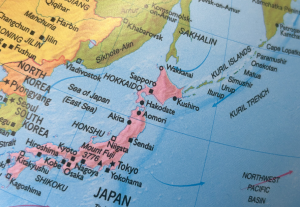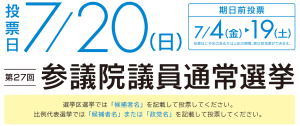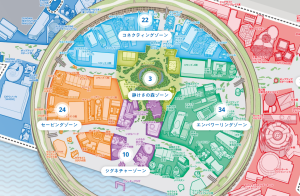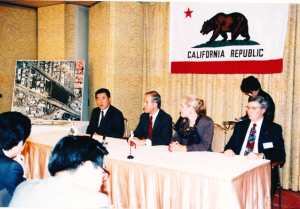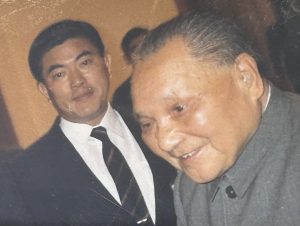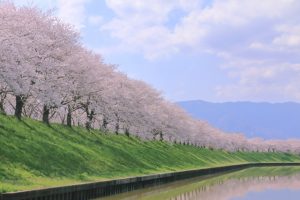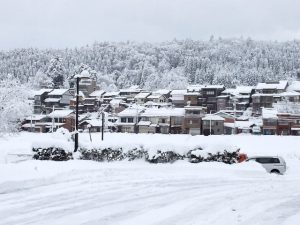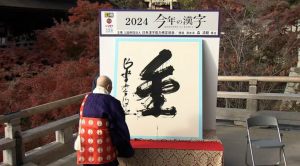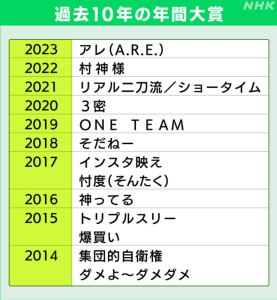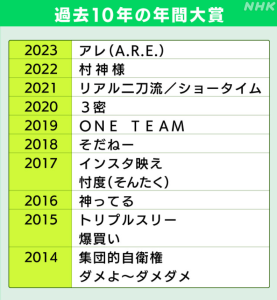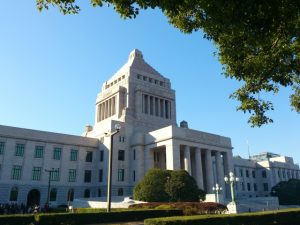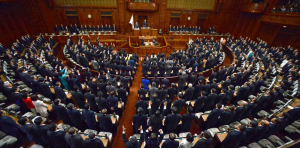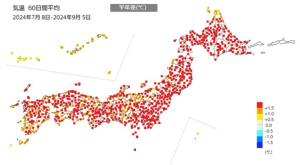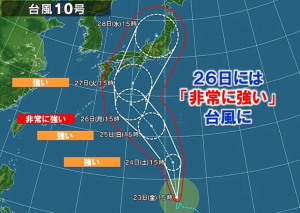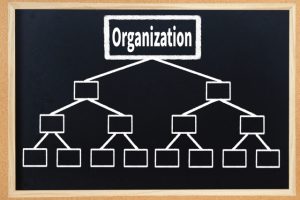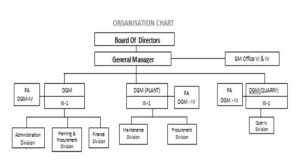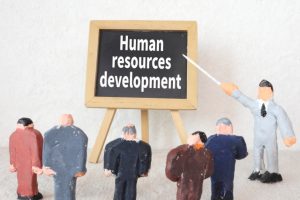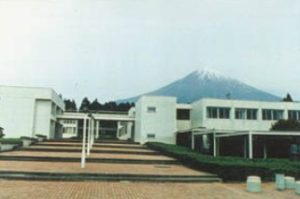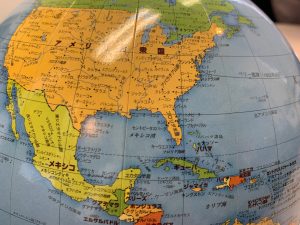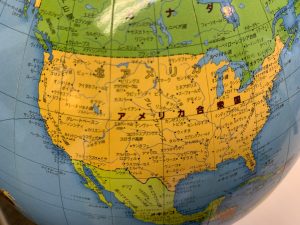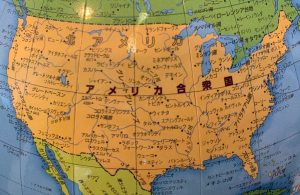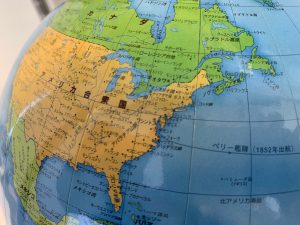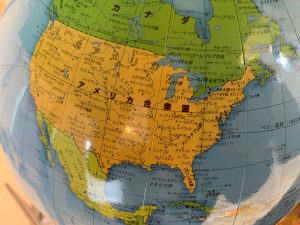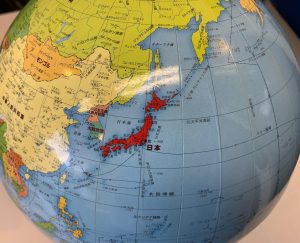Re: A news item and subject which I just want to check out (124) February 9, 2024
An ordinary session of the Diet that deliberates on the budget for the new fiscal year and so on convened on January 26. The term is 150 days until June 23. During the current Diet session, corresponding to the Noto Peninsula earthquake will be discussed and political reform including the amendment of Political Funds Control Act will be a focus.
And House of Representatives Budget Committee started on February 5. The budget encompasses the financial backing for the annual national policy, and preparation of a draft budget and budget implementation are done under the responsibility of the Cabinet. Therefore, the scope of the questions is not limited to budget-related and wide-ranging, covering all aspects of national politics. A budget committee is widely recognized as “a star” along with a plenary session and party leader’s debate. For the opposition parties, it is an excellent opportunity to pursue the ruling party, because the situation of questions is broadcasted on television.
■■What I have thought and focused on recently:
■What is the difference between “a signature” and “a seal of registered seal”?:
Related to “Unification Church issue”, what the minister having jurisdiction over the issue “signed a policy agreement” is being pursued in the current budget committee. His answer suddenly changed from “I don’t remember” to “I might have signed without reading the contents thoroughly”. In the end, various industry and organization may be hard to throw away for politicians, because block votes can be expected.
By the way, “a signature” has been commonly used in various situations recently even in Japan. For instance, when we use our credit card to pay for eating and drinking and shopping, a pin code and signature are necessary. Even in hospitals, in case of inspection and surgery, we are asked to sign a consent form. On the other hand, in Japan, important contracts and documents such as the register of real estate and establishment of a company require both signature and seal of “registered seal” that was registered at the city hall.
However, the United States where I used to live does not have a system of registering a seal. Signing is everything. Therefore, “without much thought” is not accepted. Incidentally, signing in Chinese characters is also OK.
In fact, when working in the United States around 1980, my real father passed away, and it became necessary to seal a registered seal to important documents in line with his death. But I don’t know what is going on now, but at that time, overseas residents who don’t have a domestic resident certificate could not register a seal. For that reason, various documents frequently went back and forth across the Pacific Ocean, and each time I had to go to the Consulate of Japan and put my thumbprint as a proof instead of a registered seal and get a certificate called “this thumbprint is authentic” from the Consulate. On top of that, the Consulate made a copy every time when issuing a certificate, and did not care about privacy.
At that time, Japanese government advocated the need for “internationality”, but it was like this even in the United States with the largest number of Japanese expatriates in the world. Contrary to what the government said, backup system for overseas residents was poor, and I remember I was very angry at the bother.
Incidentally, in the United States, there is no family register system or resident registration system, and instead of these, certificates related to birth, death, marriage and divorce are issued from the state where we submit these facts. And it is said that all personal information is condensed into “social security number” equivalent to my number system in Japan.
Incidentally, overseas voting system, the system that allows overseas residents to vote in national elections was implemented starting from national elections held after May 2000.
■The percentage of those who “work until retirement” for the company they join is 30 %:
According to a survey by “Gakujo” which is an employment information company, among fourth-year university students who will join the company in April, the percentage of those who want to “work until retirement” is only 30 %. A survey was done on November last year and 396 people answered the survey. To the question “how many years do you want to work for the company you joined?”, “until retirement” was 31.6 %, the highest. And “more than 5 years and less than 10 years” was 25 %. The sum of “less than 10 years” was 53.2 %. It analyzes that “students who learn a trade in the 20’s and want to increase their career options are increasing”. By the way, according to “labor force survey” by the Minister of Internal Affairs and Communications, the average number of nationwide employed persons during the period from July to September 2023 was 67.68 million and 10.35 million that account for 15 % were applicants for a career change. However, people who actually changed their career reached 3.25 million at most from July to September. They have been flat for the last few years and it seems that the difference between applicants for a career change and persons who actually changed their career has been expanding.
On the other hand, in Japan, dismissing regular employees by companies is severely restricted against the background of past precedents and so on. Therefore, the company has reduced regular employees and increased non-regular employees, and shifting labor costs from fixed to variable costs has been established. This is one of the big factors that hold down wage increase, despite of labor shortage. And the government also took the policy keeping the unemployment rate down on the surface and keeping redundancies within a company by employment adjustment subsidy and so on. As a consequence, in Japan, inter-industry movement of human resources and working force is not smooth and at the same time, it also hinders productivity improvement and reskilling or sophistication of human resources.
In response to this, in the United States, layoff is carried out very easily. For medical therapy in Japan, speedy surgical operation is carried out in the United States. Therefore, the speed of recovering from the recession and corporate innovation is faster. Laid-off workers also often view career changes as an excellent opportunity for reskilling and advance their career by acquiring more advanced knowledge and technology and aim for higher-paying companies, because the job market for career changes is more developed than in Japan.
Even in Japan, “membership-type”, the lifetime employment system, that has continued since the end of the war has gradually crumbled, and shifting to “job-type”, the system of the right person in the right place, is progressing. And the labor market supporting career changes is also expanding and the number of cases that lead to an increase in income is also increasing.
However, it seems to me that it is not easy to shift to job-type without advancing the deregulation of employment termination rights for companies. This is a problem that can’t be avoided. Career change will be an opportunity for employees to find a livelihood, and also a way to survive “the 100-years life era” with strength. Both the government and labor unions should not resort to stopgap measures and should be committed to this problem and aim for revitalization of the labor market.


